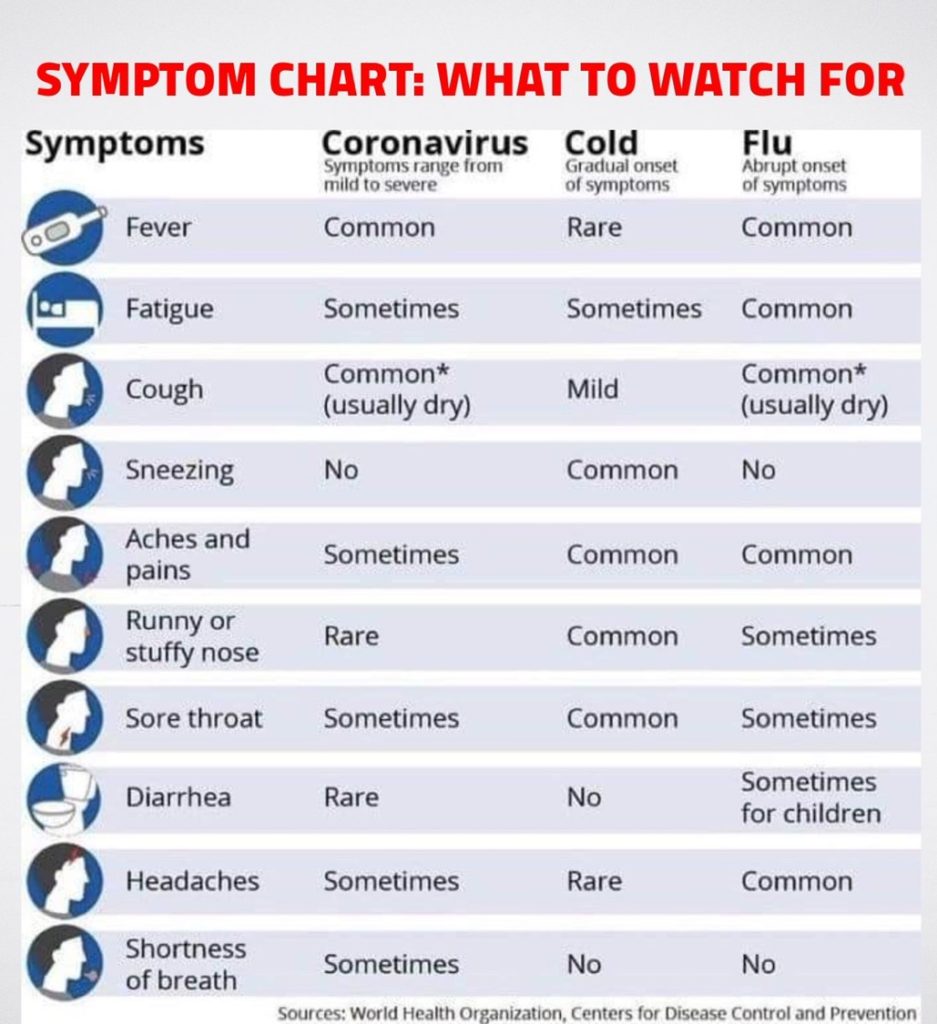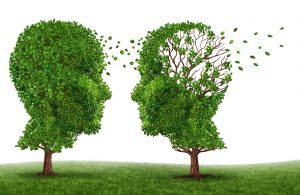The World Health Organization recommended this week that people suffering COVID-19 symptoms should avoid taking ibuprofen because anti-inflammatory drugs could worsen effects of the virus.
Ibuprofen is the pharmaceutical name for Advil, Motrin and Midol brands. These brands are also known as over-the-counter (OTC) medications, because they can be purchased directly in stores by the consumer.
If you have been diagnosed with COVID, or think you might have it, seek medical advice before self-medicating with ibuprofen.
Information is constantly evolving on COVID-19, and more research undoubtedly will be conducted to confirm the effects of taking ibuprofen. We will update as more information is published.
UPDATE:
According to FACTCHECK.ORG (March 30, 2020), “There is no evidence that ibuprofen or other non-steroidal anti-inflammatory drugs can make COVID-19 cases more severe.”
There may have been some political basis for the circulation of the report by some countries, according to the organization.
FactCheck.org is a non-partisan, non-profit center located at the University of Pennsylvania. You can find more information about this topic on their website.
Consult with your physician before taking any medication, even ones over the counter, for COVID-19 symptoms.’
We will continue to update you on this page as information becomes available.









Recent Comments